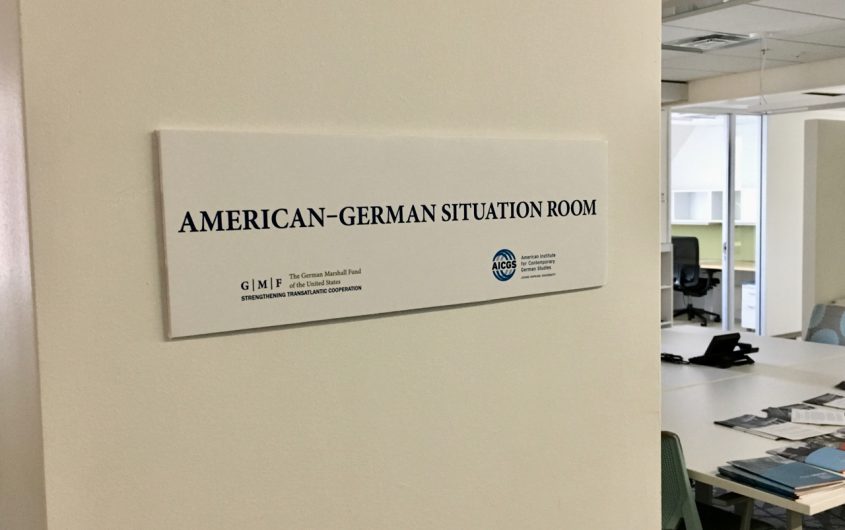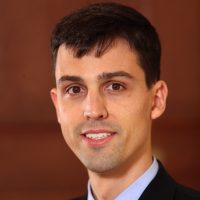AGI News
Cornelius Vogt, AGSR Fellow

AICGS

Cornelius Vogt
Cornelius Vogt was an American-German Situation Room Fellow in April and May 2018.
In Germany, Mr. Vogt works as a project manager in the advanced projects department of a large defense and space company in Germany. His work focuses on issues and technologies related to space safety and security. Prior to that, he worked at the German Council on Foreign Relations (DGAP). There he took responsibility for the Task Force on International Space Policy while he also analyzed German and NATO security policy issues. Cornelius Vogt is a frequent lecturer in space security policy at the Command and Staff College of the German Armed Forces. He is a member of the "Young Leaders in Security Policy" of the Federal Academy for Security Policy.
He studied Political Science and Human Geography at the University of Potsdam, Humboldt University of Berlin, University of California Los Angeles, and Sciences Po Lille.
AGI is pleased to welcome Cornelius Vogt as an AGI/GMF Fellow with the American-German Situation Room in Washington, DC, in April and May 2018.
Cornelius Vogt works as a project manager in the advanced projects department of a large defense and space company in Germany. His work focuses on issues and technologies related to space safety and security. Prior to that, he worked at the German Council on Foreign Relations (DGAP). There he took responsibility for the Task Force on International Space Policy while he also analyzed German and NATO security policy issues. Cornelius Vogt is a frequent lecturer in space security policy at the Command and Staff College of the German Armed Forces. He is a member of the “Young Leaders in Security Policy” of the Federal Academy for Security Policy.
While at the American-German Situation Room in Washington, Cornelius Vogt will conduct research on the future of transatlantic space cooperation. He is particularly interested in exploring how the evolving new space economy may pave the way for new models of cooperation across the Atlantic.









